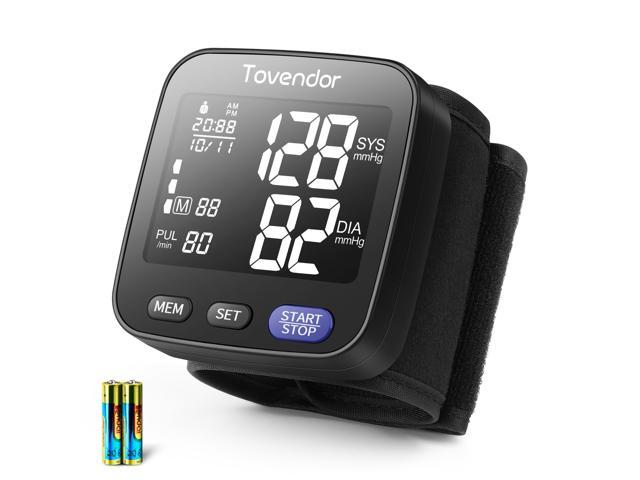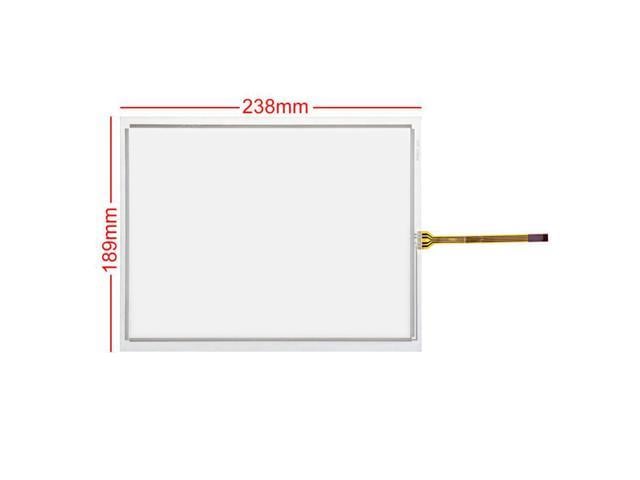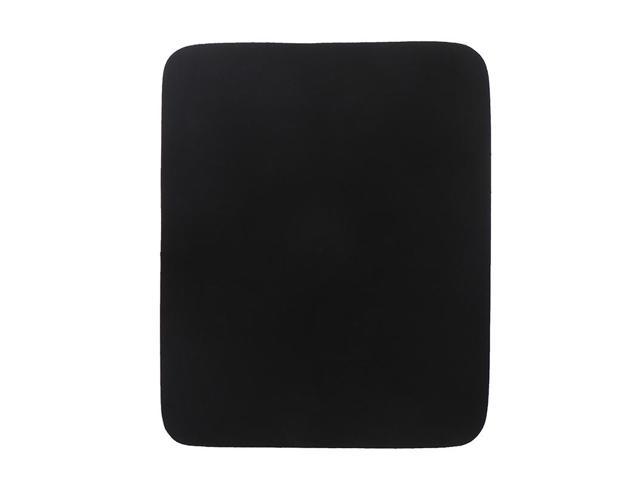The theme of the 15th International Acoustic Emission Symposium (IAES15) was set as ‘practicality for life-extension and maintenance of plants and structures’. Special emphasis was placed on the review of acoustic emission (AE) research and applications in the 20th century and its future in the 21st century. The technique for monitoring defects and abnormal vibrations due to machine failures is vitally important for the safety of structures in a modern society. AE, as a passive, rather than an active NDT method, has drawn much attention because of its applicability to on-stream surveillance of structures. One important point is its capability to acquire data very simply but with high sensitivity so that the development of a non-contact sensing technique is particularly important. A quantitative method to evaluate structural integrity and remaining life from the detected AE signals is strongly required. Quantitative analysis, based on inverse procedures, has provided a certain solution, but has not been utilized widely enough in structures due to its complexity. Its applicability is limited partly because the accuracy of solutions depends on noise levels and partly because the phenomenon is usually non-reproducible. AE is expected to be a next-generation technique not only to monitor conditions but also for the repair of damaged structures, combined with an active-adaptive technique using a ‘solid state actuator’. ‘Smart Materials and Structures’ are known in this respect. AE is considered to be a very promising technique, together with such sensing techniques as optical fiber, shape memory alloy and electro-rheological fluid. Thus, AE can play a very important roll in monitoring, evaluating and repairing structures. In this workshop, a limited number of invited papers are presented for technical discussion to review the achievements of AE research and applications in the 20th century. The proceedings are entitled Acoustic Emission - Beyond the Millennium to















